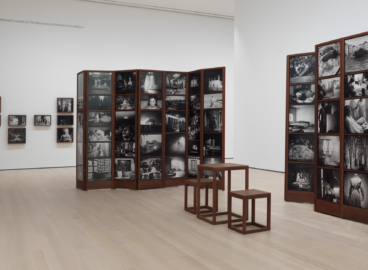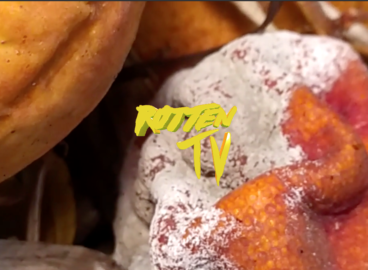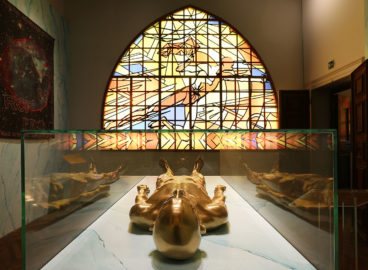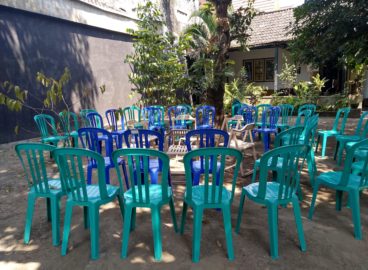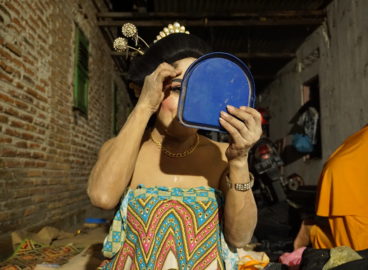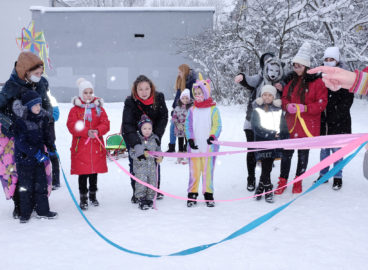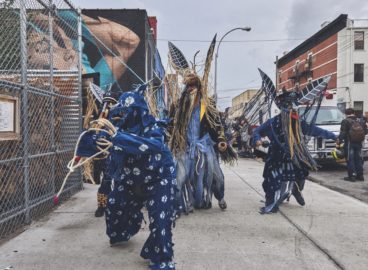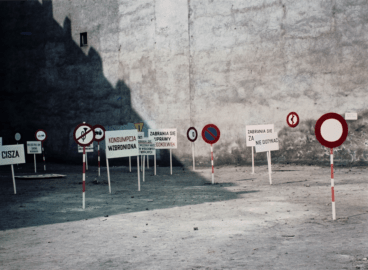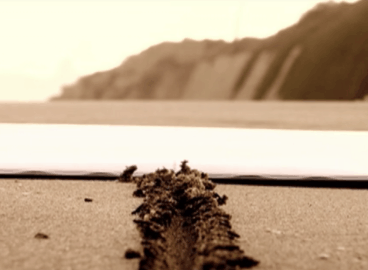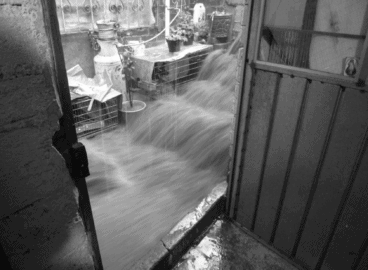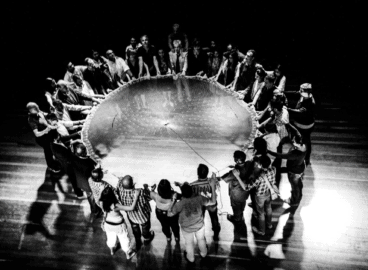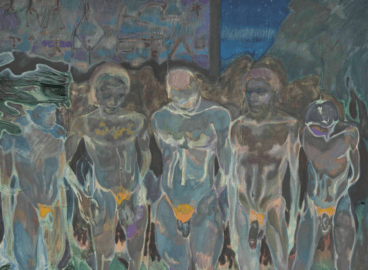post Presents: Photographer Dayanita Singh in Conversation with Curator Sean Anderson
The ongoing COVID crisis in India has affected every aspect of daily life and every segment of Indian society. From her vantage point in Delhi, world-renowned photographer Dayanita Singh provides a first-person account of the realities of the current situation, her knowledge of its effects on her colleagues in arts communities, and indicates what and where help is most urgently needed.
